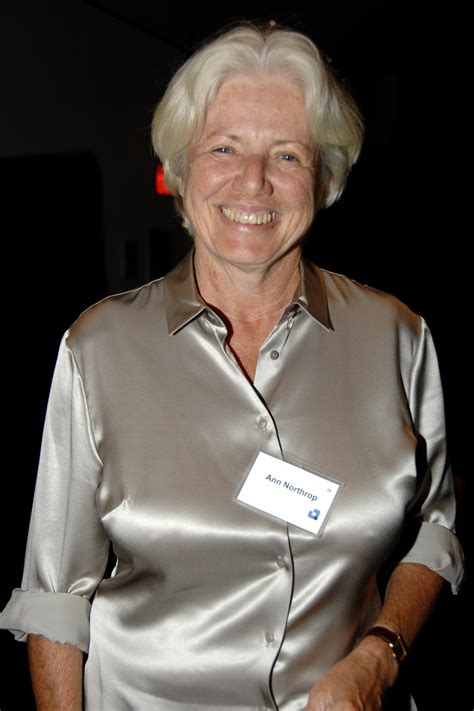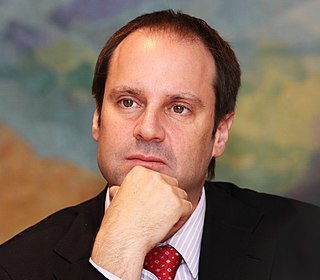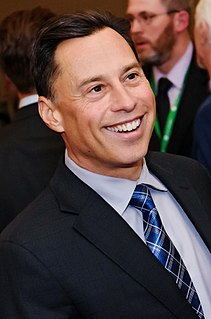A Quote by Jerry Greenfield
Businesses typically look at issues like price, quality, time of delivery. They don't often think about social and environmental impact because they're focused on their financial bottom line.
Related Quotes
We want to encourage investors to target businesses that focus on achieving more than just profits - by placing their money into businesses that also positively contribute to social or environmental benefits in Ontario. Angel investors can help social enterprises grow and succeed, and through our partnership with the Network of Angel Organizations and the Impact Angel Alliance, we are making it easier for social ventures and angel investors to connect, contribute, and make our society a better place to live.
The health-care law, irrespective of how people feel about the aims of it - and obviously I don't agree with Obamacare - but the worry that some businesses have about how the law will impact their bottom line has made people more apprehensive about expanding and growing their business in the 21st century.
I think the Resurrection continues to be a pivotal issue, a pivotal question for people. I think a lot of other issues have been raised in interim years, about the nature of truth, of course gender issues, issues involving social matters like abortion and euthanasia and so forth, those swirl about and change from time to time, but I think the fundamental question of whether or not Christianity is true ultimately goes back to the Resurrection.
One of the issues I kept saying to my students is you have to learn to interrupt. When you raise your hand at a meeting, by the time they get to you, the point is not germane. So the bottom line is active listening. If you are going to interrupt, you look for opportunities. You have to know what you're talking about.
I think I understand the relationships between different people within the company: people who are straightforward employees, people who can impact the bottom line, and people who share in the bottom line. I don't think you can understand inequality in America unless you understand what's driving profitability.


































